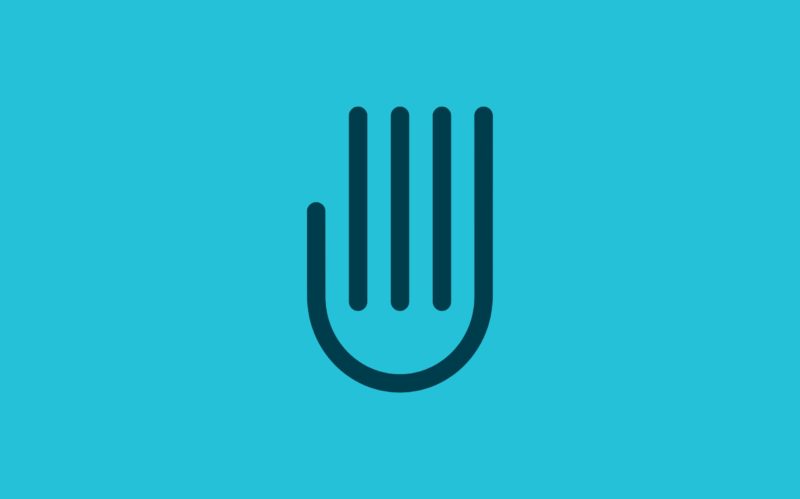Feed Ontario is pleased that the Government of Ontario has taken the first step towards acting on the call of public health experts, anti-poverty organizations, and workers by committing to paid sick days for workers with the temporary Ontario COVID-19 Worker Income Protection Benefit.
This benefit includes many important elements of a paid sick day policy, including that it is both:
- Seamless: Paid out to employees through their regular paycheques as opposed to an application-based process, and
- Responsive: Flexible to a variety of COVID-19 related situations for which an employee might need to take time off work for their health, including getting tested or receiving a vaccine
It is, however, crucial that this temporary measure is further developed into a permanent support for all workers. Prior to the pandemic, food banks saw an increasing number of workers accessing their services due a rise in precarious and low-wage work. With over 70% of low-wage workers lacking access to paid sick days, many have to choose between going into work while unwell and not being able to put food on the table. While the COVID-19 pandemic has exacerbated the economic and public health impact of this policy gap, permanent paid sick days will continue to protect workers’ livelihoods and save lives long after the pandemic is over.
Feed Ontario recommends that the Government of Ontario further develops and transitions the Ontario COVID-19 Worker Income Protection Benefit into a permanent benefit for workers that includes:
- Universality: The Government of Ontario should ensure that both temporary workers and workers precariously employed in the “gig economy” (i.e. are classified as “independent contractors”) are covered by this sick leave benefit, and
- Sufficiency: Workers who cannot work from home should be entitled to as many paid sick days as is necessary to complete their self-isolation requirements, especially if they are not covered by and/or experience barriers accessing the Canada Sickness Recovery Benefit and Employment Insurance-Sickness programs.
Feed Ontario looks forward to the continued development of Ontario’s paid sick leave program, which is crucial to public health and fighting poverty, as well as further improvements to workplace safety and the creation of quality jobs across the province. Feed Ontario believes that its vision of ending hunger and poverty in Ontario is shared by all levels of government, and that there has never been a greater need for collective action than there is today.
Quick Facts:
- Ontario has the highest proportion of minimum wage workers in Canada: The percentage of Ontario workers being paid minimum wage has tripled over the last 20 years, now representing 15% of Ontario’s workforce.
- Many working Ontarians rely on food banks to make ends meet: Between 2017 and 2020, the proportion of individuals accessing food banks that cited employment as their primary source of income increased by 33%.
- Illnesses drive many people to food banks: In 2019, over 29,000 people who accessed a food bank cited “Sickness or Medical Expense” as the reason for their visit.
- Workplace closures caused a spike in new food bank clients: Between March and June 2020, first-time food bank clients increased by 26.5%
Learn More:
Feed Ontario’s Recommendations for Change
Hunger Report 2020: The Impact of COVID-19 on Food Bank Use in Ontario
Hunger Report 2019: Ontario’s Changing Employment Landscape and Its Impact on Food Bank Use
